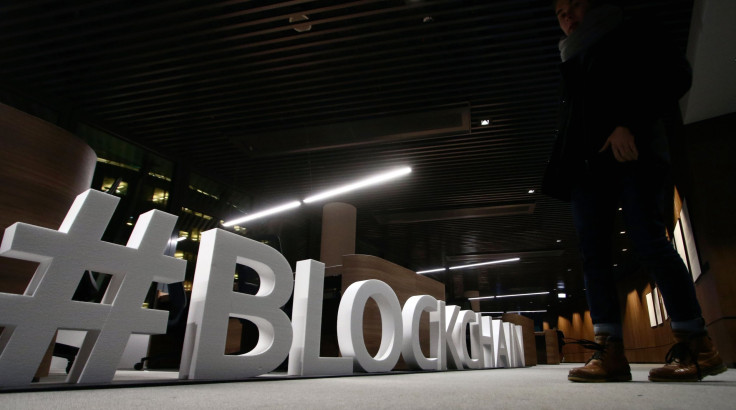Blockchain Revolution: 80 Japanese Banks Join JP Morgan IIN

KEY POINTS
- 80 Japanese banks to join JP Morgan's blockchain network to improve anti-money laundering measures
- IIN already has 365 banks that have formally signed a letter of intent to join
- Blockchain is revolutionizing finance, real estate, and other processes
Blockchain has been integral in reshaping how some companies do business. The technology is being explored for purposes that go beyond interlacing transactions on the world's most popular cryptocurrency. JP Morgan, for example, possess patents that enable it to streamline certain payment processes, cataloging the largest bank in the U.S. to several other banks that have adopted blockchain.
Now, the payments network that JP Morgan piloted back in 2017 is adding over 80 Japanese banks to the list of companies interested to join its network.
An executive director for JP Morgan, Daizaburo Sanai, told Bloomberg that more than 80 banks had expressed their willingness to join the bank's IIN or Interbank Information Network. The Japanese banks are believed to be pushing for better control over money laundering instances after the Financial Action Task Force (FATF) revealed the country's deficiencies. JP Morgan's technology is what the banks intend to leverage.
As of November, IIN already has 365 banks that have formally signed a letter of intent to join. The network that is powered by an Ethereum variant, Quorum, makes information-sharing for payment verification within member banks faster.
For a bank with a CEO that is highly critical of Bitcoin, it sure has embraced and spearheaded the integration of blockchain to banking.
Real estate revolution
Finance still isn't the only industry that blockchain is disrupting -- real estate is another. As blockchain effectively removes the middleman, where in Bitcoin's case that would be the central authority facilitating the transfer of money; in real estate, there is so much that blockchain can jettison for the involved parties to transact directly.
Ownership and land title transfers are just a few that the technology has addressed. Physical records or documents can be destroyed over time -- whether intentional or not -- and relying on traditional ways to register land is subject to plenty of risks like fraud and errors. But information stored on a more secure channel where everyone can verify transactions makes the transfer of ownership more manageable and absent of offline risks.
Investing revolution
Building a real estate investment portfolio entirely of tokens is another blockchain derivative. Instead of owning physical deeds, security tokens that run on blockchain networks can represent a legal claim to real estate properties like tokenized bonds wherein token holders can self-custody the securities, giving them more control over their investments.
Blockchain for combating counterfeit
Blockchain has also been present in the sneaker game with New Balance striking a deal with Cardano to use the technology to fight knockoffs of its products. What Cardano has is a "third-generation blockchain," which is said to be an improvement of the scalability, interoperability, and sustainability of its predecessors.

© Copyright IBTimes 2025. All rights reserved.





















